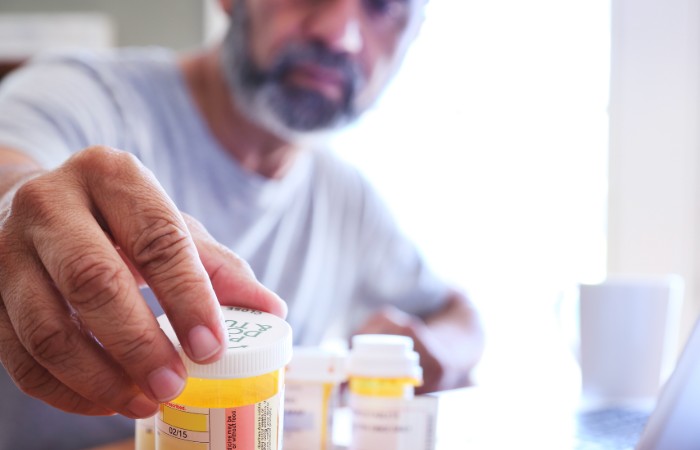GPhC’s online prescribing guidance leaves risk of unsafe supply, warns PDA
In News
Follow this topic
Bookmark
Record learning outcomes
The Pharmacists’ Defence Association has warned the General Pharmaceutical Council's updated guidance on online prescribing still leaves a risk of the unsafe supply of medicines.
In a statement yesterday, the PDA said the revised guidance, which compels prescribers to independently verify information provided by patients, is a “missed opportunity and needed to go further in the interests of patient safety.”
The guidance says prescribers should not base their decisions to provide high-risk medicines solely on information patients give in online questionnaires and “independently verify the person’s weight, height and/or body mass index.”
The regulator said prescribers should communicate with patients, access their clinical records or contact their GP to verify the information.
The PDA welcomed the addition of weight management drugs and medicines requiring physical examination to the high-risk list but said “significant risk” may arise if a prescriber cannot access a patient’s clinical record or if they do not give consent for their GP to be contacted.
The PDA warmed that in those situations, “there is scope for a medication to be prescribed without those vital checks being made.”
The PDA’s head of policy Alima Batchelor also said the GPhC’s use of words such as “should” in its guidance instead of “must” leaves “ambiguity and room for manoeuvre,” especially in “areas where the guidance is contradictory.”
“While the use of technology is advancing quickly in every day life, medicines are not usual items of commerce,” she said.
“There are sadly, too many cases of patient harm where medicines have been purchased online without the level of checks that should be in place to ensure patient safety.
“While there are some changes that are welcome, the GPhC had an opportunity to strengthen guidance to remove any doubt about what is required from providers in this space.
“Our view is that the new guidance does not satisfactorily address this.” The PDA said it is continuing to work with the GPhC “to see how these areas can be addressed.”
GPhC: We will meet the PDA to talk about updated guidance
The GPhC's chief strategy officer Louise Edwards told Independent Community Pharmacist the regulator welcomed the PDA's "contribution to the discussion on safe prescribing online" will meet pharmacy's union to discuss the updated guidance.
"We’ve made clear in the guidance that online pharmacies have to identify which method of consultation is best suited to get the information needed to deliver safe and effective care, and two-way communication should always be available," Edwards said.
"For ‘high-risk’ medicines, the prescriber would have to have timely two-way communication with the person (such as a video call), access the person’s clinical records, or contact the person’s GP. All relevant information about the prescription then needs to be shared with the GP.
“If the person doesn’t give consent for their GP to be contacted, the prescriber would have to consider whether supplying treatment outweighs the risks and to make a record justifying their decision.”

